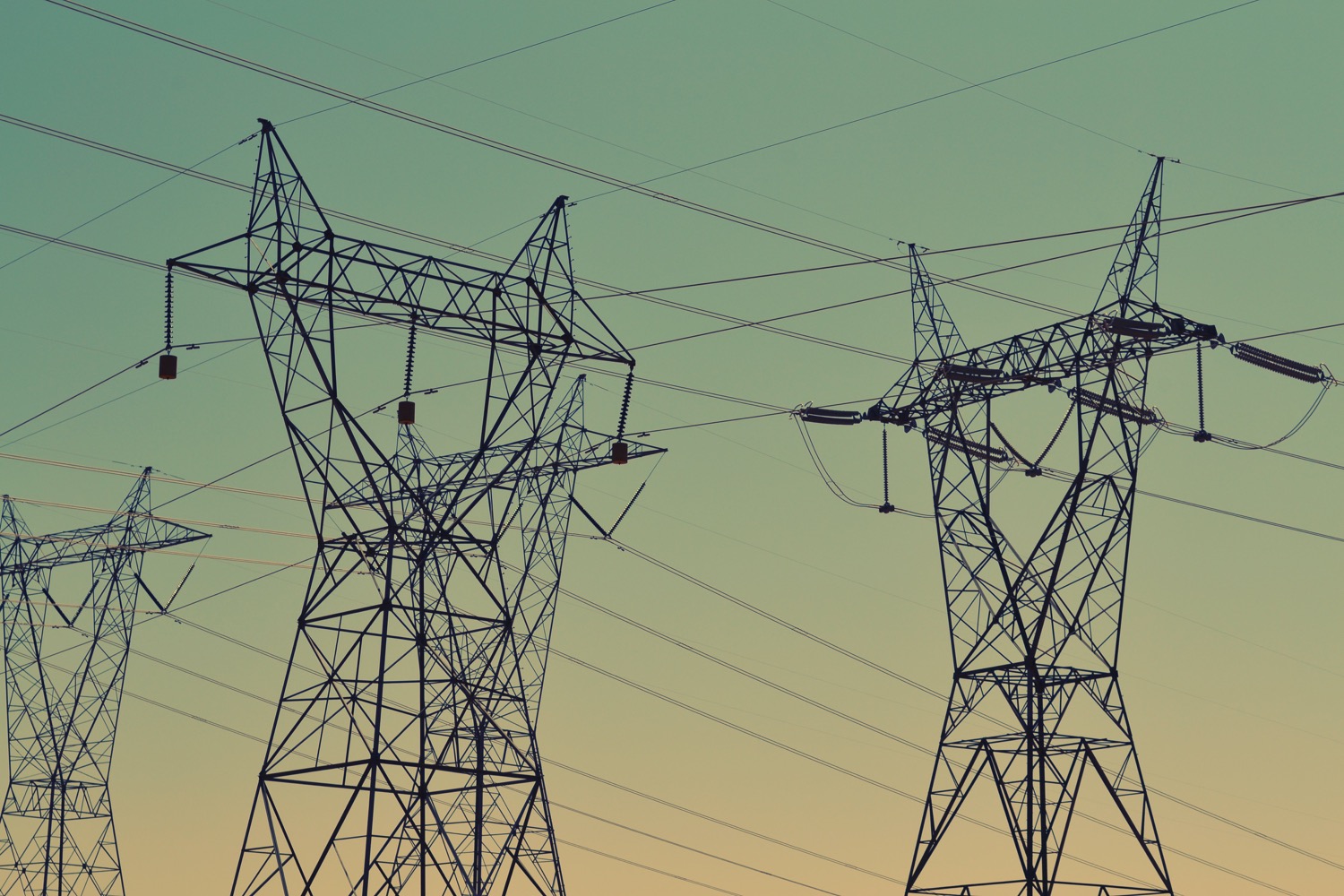Threats to a reliable national electric power supply are many, and some are made by humans. A group representing Indiana’s rural electric membership cooperatives believes policy decisions are among them.
The U.S. Environmental Protection Agency’s proposed power plant rule is one such, according to John Cassady, CEO of the Indiana Electric Cooperatives organization. IEC represents Indiana’s 38 REMCs in formulating state and national policies and laws.
“The proposal is the wrong plan at a critical time for our nation’s energy future,” he said. Tightening restrictions on power plant emissions will force more closures, further reducing “key always available generating resources at a time when the country’s demand … is on the rise.”

In his address to a media relations luncheon organized by the Whitewater Valley REMC, Cassady said a national report “forecasts that a wide swath of our nation faces the potential for grid reliability challenges during periods of extreme winter cold.” That conclusion is from the North American Electric Reliability Corporation 2023-2024 reliability assessment.
“This is no longer a theoretical threat,” Cassady continued. “Nine states in the Tennessee Valley and the mid-Atlantic region experienced forced outages (aka rolling blackouts) due to extreme winter cold last winter, as demand for electricity exceeded available supply.”
Also speaking, Melody Lynch, WWVREMC’s chief operating officer, said its 27 employees focus on providing safe, affordable and reliable electric service to its customers in Wayne, Union, Fayette, Franklin, Dearborn and Randolph counties.
Calling the forced outages “unacceptable,” Cassady said REMCs are good at planning for reliable, sustainable delivery of electricity. But factors outside of their control affect local customers, including regulations that are forcing utilities to close air-polluting power plants before the projected end of their useful life spans. That comes as power demand is surging.
For its part, the EPA has identified the power sector as one of the largest stationary sources of domestic greenhouse gas emissions, and notes that the updated standards will reduce climate and health-harming pollution. Scientists project that Indiana’s seasons, agriculture, and economy will continue to be affected by extreme weather, droughts and flooding without action in response to climate change.
“The U.S. Department of Energy expects U.S. electricity transmission systems to increase 60% by 2030, and the grid may need to triple in size by 2050,” Cassady said. The nation is becoming more electrified, especially in the transportation sector. “Recent modeling by the Electric Power Research Institute concluded that achieving net-zero economywide emissions by 2050 could require generation capacity to increase by as much as 480%” over today.
Closed power plants are being replaced largely by systems with intermittent characteristics and limited capacity. Solar and wind generation are both affected by weather.
The IEC is part of a national effort working against the U.S. Environmental Protection Agency’s proposed power plant rule. Both of Indiana’s generating and transmission cooperatives (which provide power to local REMCs) and 24 of the state’s local cooperatives submitted statements and letters opposing the rule. It would further restrict emissions, closing more plants.
He praised Indiana lawmakers for the work of a 21st Century Energy Policy Task Force. It studies power issues as they affect Indiana. The General Assembly passed laws in the 2023 session which favor electric reliability, he said.
While the IEC does not believe the 2024 General Assembly will consider major legislation affecting energy policy, “we will be engaging the process in a constructive way to ensure the voice of the electric cooperative consumer is heard in the hallway at the State House.”
WWVREMC has 1,874 miles of power lines delivering electricity to more than 12,000 meters. The coop is building a new headquarters south of Liberty. They expect it will be completed by mid-2024.
Chris Hardie contributed to this article.
A version of this article appeared in the November 22 2023 print edition of the Western Wayne News.

